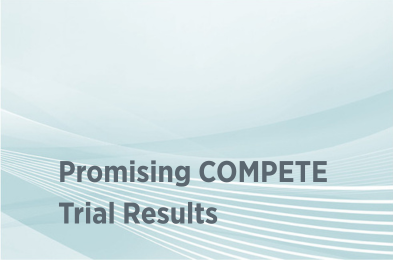
The investigational therapy ITM-11 has shown promising results in the Phase 3 COMPETE trial for patients with inoperable, progressive Grade 1 and Grade 2 gastroenteropancreatic neuroendocrine tumors (GEP-NETs).
ITM Isotope Technologies Munich SE reported that ITM-11, a targeted radiopharmaceutical therapy, significantly extended progression-free survival (PFS) compared to everolimus, a current standard of care. Specifically, ITM-11 demonstrated a clinically meaningful improvement in PFS, marking a potential treatment advancement for this patient group. ITM-11 was also found to be well-tolerated during the clinical trial.
ITM-11 consists of lutetium-177, a therapeutic radioactive isotope, and edotreotide, a somatostatin receptor (SSTR) agonist that targets specific tumor cell receptors.
The COMPETE trial is a multicenter, international trial that enrolled 309 participants who were randomized 2:1 to receive either ITM-11 or everolimus. Those treated with ITM-11 received the therapy intravenously every three months for up to four cycles or received everolimus orally daily for up to 30 months or until disease progression.
“With COMPETE, this marks the first time that a targeted radiopharmaceutical therapy has demonstrated improved progression-free survival compared to a targeted molecular therapy, everolimus, in patients with Grade 1 and Grade 2 gastroenteropancreatic neuroendocrine tumors in a Phase 3 clinical trial,” said Jaume Capdevila, MD, PhD, study investigator and senior medical oncologist at Vall d’Hebron University Hospital in Barcelona. “The patients included represent a real-life scenario, and the COMPETE study evaluates the important question of which therapy might be used first to provide greater benefit to patients.”
ITM plans to submit the COMPETE data for presentation at a future medical conference and anticipates a possible New Drug Application submission to the U.S. Food and Drug Administration in 2025. If approved, ITM-11 could provide a new treatment option as well as knowledge on how best to sequence therapies for optimal outcomes.
ITM-11 is also under evaluation in other clinical trials, including the COMPOSE trial for more aggressive forms of GEP-NETs and a pediatric trial.
